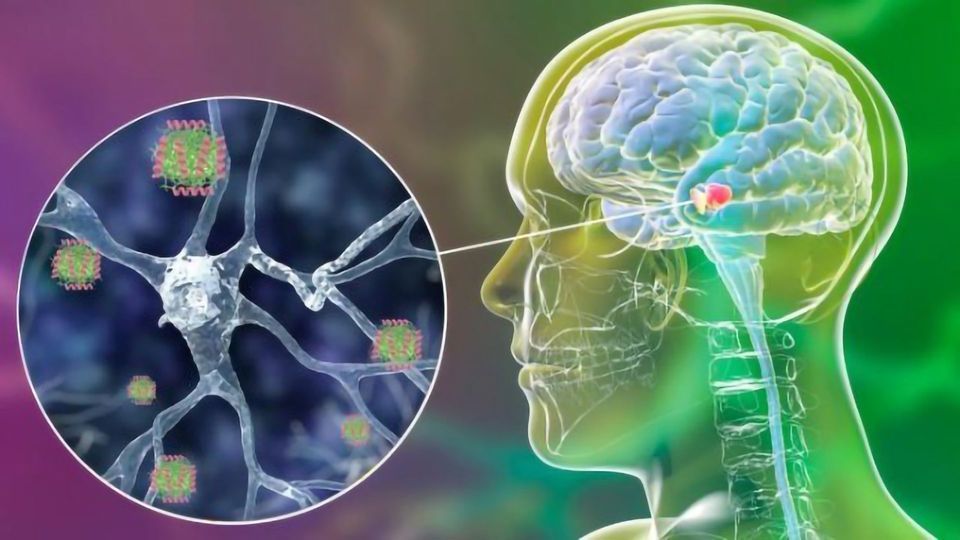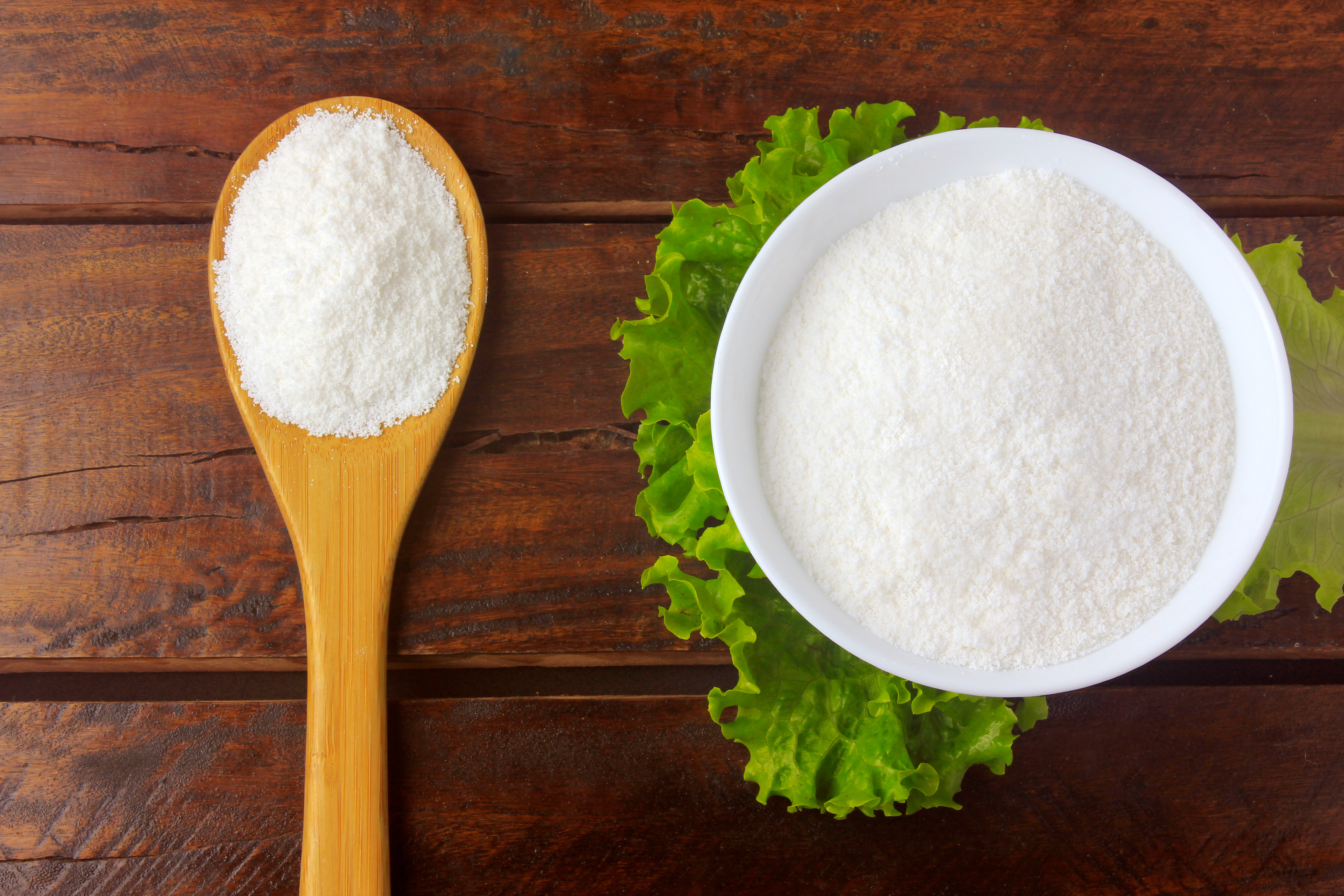Peptides, which are smaller versions of proteins, exhibit diverse properties including pro-aging support, anti-inflammatory effects, and muscle-building capabilities. Recent scientific investigations suggest that certain types of peptides may contribute positively to slowing down the aging process, reducing inflammation, and combating microbial activity.
It’s common for individuals to misconstrue peptides with proteins. While both are comprised of amino acids, peptides contain fewer amino acids compared to proteins. Peptides naturally occur in various foods, akin to proteins.
Due to the potential health benefits associated with peptides, there is a proliferation of supplements containing peptides derived either from natural food sources or synthetically produced. Among the most popular peptides are collagen peptides, favored for their anti-aging and skin health benefits, and creatine peptide supplements, renowned for muscle building and enhancing athletic performance.
What Are Peptides?
Peptides consist of chains of amino acids, with typically 2 to 50 amino acids in a chain. They are categorized into two groups: endogenous peptides, produced within the body’s various cells, and exogenous peptides, sourced externally from substances like food, supplements, and medications.
Endogenous peptides are integral components of proteins, each composed of a single chain containing 20 or more amino acids, linked by peptide bonds. The specific order of amino acids within these chains determines the function and structure of peptides, which play essential roles in bodily processes such as wound healing and cellular communication.
Exogenous peptides, commonly found in dietary supplements, are preferred due to their enhanced absorption compared to intact proteins. This property makes them particularly valuable in formulations like collagen peptides. Additionally, exogenous peptides are less likely to trigger allergic reactions than whole proteins, making them suitable for use in products such as infant formula.
Peptides occur naturally in various foods including dairy, grains, meat, and seafood. Certain food-derived peptides possess beneficial properties such as anti-inflammatory, antioxidant, and blood pressure-lowering effects.
Benefits of Peptides
1. Potential Improvement in Skin Health
Collagen, a fundamental component of skin, contributes to its structure, strength, and elasticity. With aging, collagen levels diminish. Supplementation with collagen peptides may potentially reduce wrinkle depth and enhance skin hydration. Studies indicate that collagen peptide supplements can enhance skin elasticity, diminish skin dryness and wrinkles, and elevate collagen levels in the skin.
Collagen peptides are swiftly absorbed in the digestive system, accumulating in the skin approximately 96 hours post-ingestion. These peptides can persist in the skin for up to 14 days, where they aid in enhancing skin elasticity, safeguarding against sun damage, reducing dryness and wrinkles, and boosting collagen levels. Moreover, skincare products containing peptides offer a range of skin health benefits, from mitigating signs of aging to alleviating skin inflammation.
RELATED: Can Almonds Remove Wrinkles and Even Out Skin? Discover the Truth Here!

2. Enhancement of Muscle Health and Athletic Performance
Research indicates that specific peptides, when consumed as supplements, may enhance body composition, reduce exercise-induced muscle damage, and enhance joint health and flexibility among both athletes and non-athletes. For instance, numerous studies have demonstrated the efficacy of collagen peptide supplements in boosting muscle strength, alleviating joint discomfort, and enhancing joint flexibility in individuals across various activity levels.
The majority of collagen supplements undergo hydrolysis, breaking down into peptides for improved absorption. Collagen peptides might also enhance endurance performance among athletes by promoting glucose uptake and glycogen storage within muscle cells. Moreover, collagen peptide supplementation could contribute to muscle mass augmentation, particularly in individuals with low muscle mass such as older adults.
Certain peptides, including the collagen-derived peptide dipeptide hydroxyproline-glycine, activate bodily pathways that stimulate muscle fiber growth. Additionally, peptides like growth hormone (GH) releasing peptides are utilized to increase muscle mass. These peptides prompt the production and release of human growth hormone (HGH), a hormone renowned for its ability to foster muscle growth, making them popular among bodybuilders.

3. Enhanced Brain Function and Mental Well-being
Opioid peptides, present in certain foods and in the body, bind to specific receptors in the brain. Exogenous opioid peptides are believed to positively influence the nervous system and may alleviate stress, anxiety, and depression. Research, including animal and human studies, suggests that peptides derived from foods such as soy and dairy could enhance brain function and reduce anxiety. Investigations are ongoing to explore the potential future applications of exogenous peptides for pain management, stress relief, and other purposes.

4. Other Potential Advantages
Peptides serve various purposes across multiple domains, including pharmaceuticals, supplements, and skincare products. Beyond the aforementioned benefits, peptides find utility in diverse applications. For instance, peptides are employed as pharmaceuticals to address various medical conditions and are incorporated into skincare products like moisturizers for their beneficial effects on skin health.
Side effects
It is advisable for individuals to procure supplements from reputable manufacturers. Peptide supplements, when consumed by healthy individuals, are generally considered safe as they closely resemble the peptides found in everyday foods.
Oral peptide supplements may not effectively enter the bloodstream as the body might break them down into individual amino acids. In a study where females consumed oral collagen peptide supplements for 8 weeks, researchers observed no adverse reactions.
However, it’s important to note that the United States Food and Drug Administration (FDA) does not regulate supplements with the same rigor as medications. Therefore, caution should be exercised when using any supplements.
Topical creams and ointments containing peptides may potentially induce skin symptoms such as sensitivity, rash, or itching. Individuals should purchase products from reputable sources and discontinue use if adverse reactions occur. Additionally, consulting a physician before starting peptide supplements or using topical peptide products is recommended, particularly for individuals who are pregnant, breastfeeding, taking medications, or managing a medical condition.
Guidelines for Usage
The timing and dosage of peptide supplements may differ based on the specific type and brand. It’s essential to adhere to the instructions provided on the product packaging when consuming peptide supplements or applying topical peptide creams or lotions. Avoid exceeding the recommended serving size. If any adverse reactions occur, cease usage immediately and seek advice from a healthcare professional.
